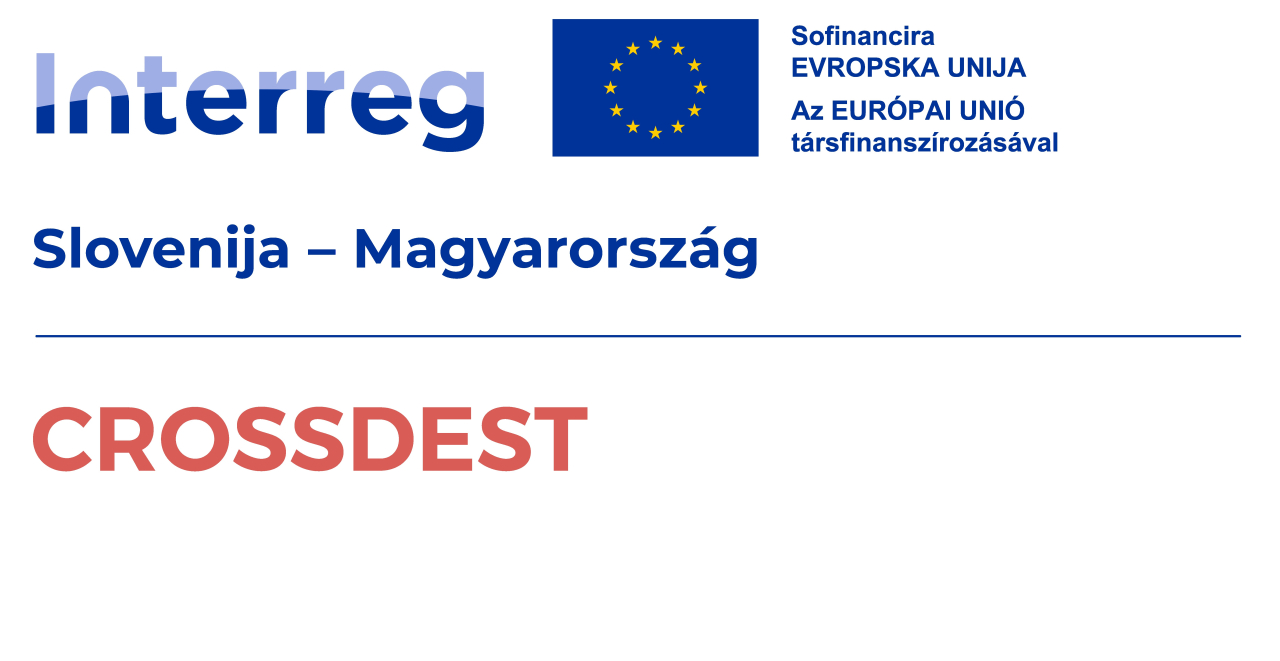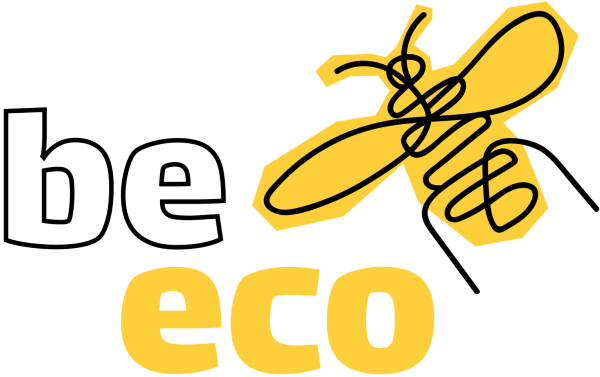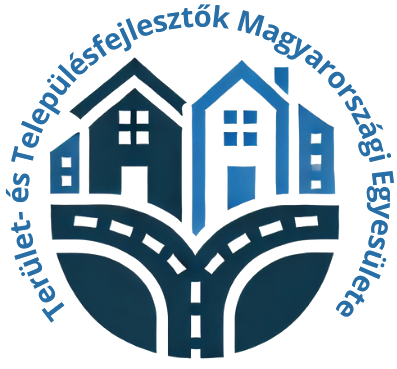-

-

-

Photo: Alföld Slow - Szőke Tünde -

Photo: Gazsó János -

Photo: Gazsó János



















































Alföld Slow
The Alföld Slow destination invites visitors with the idyllic beauty and unique tranquility of the Békés region. This area uniquely combines natural values, cultural treasures, and the philosophy of sustainable tourism. The distinctiveness of Alföld Slow lies in the collaborative effort of 27 towns and villages to promote slower, experience-centered travel, where close-to-nature experiences and human connections take center stage. The winding course of the Körös River and its picturesque surroundings offer active recreation opportunities for lovers of water tourism, whether it’s canoeing, fishing, or simply relaxing by the riverside. Gyula, the crown jewel of the destination, guarantees unforgettable experiences with its renowned thermal spa and historical landmarks, such as its castle and the famous Gyula sausage. For culture enthusiasts, Gyomaendrőd, Vésztő, Újkígyós, and Békés provide rich programs, showcasing traditions and local values. The flat landscape of the Alföld Slow region is particularly favorable for cycling tourism. Low-traffic secondary roads and unspoiled nature create ideal conditions for bike tours, enhanced by stops featuring local gastronomic specialties and friendly hospitality. The ease of moving between settlements allows visitors to explore the area in a personalized way, whether seeking active recreation or quiet contemplation amidst nature. Alföld Slow is a true refuge from the hustle and bustle of everyday life, where the slower pace serves not only as a form of relaxation but also as a tool for improving quality of life. Time spent here recharges your energy, soothes the soul, and brings you closer to both nature and yourself. Currently, Alföld Slow connects 27 towns and villages in Békés County: Almáskamarás, Békés, Békéssámson, Biharugra, Csabaszabadi, Csanádapáca, Ecsegfalva, Elek, Csorvás, Doboz, Gádoros, Gyomaendrőd, Gyula, Kamut, Kardoskút, Kevermes, Kétegyháza, Kondoros, Kunágota, Lőkösháza, Magyardombegyház, Méhkerék, Mezőkovácsháza, Nagykamarás, Sarkad, Újkígyós, and Vésztő.
Arrival
- Walk
- Horseback
- Paddling (kayak, canoe, boat)
- Bike
- Electric bicycle
- Public bus transportation
- Bus (rented for the trip)
- Motorcycle
- Car
Sights, programs
AllAccommodations
What will you find here?
-
Non-governmental organization
-
Accommodations
-
Food/catering
-
-
Church of Our Lady of Fatima and its wooden panels, Lőkösháza
Bréda Castle of Vásárhely
Gyomaendrőd Liget Spa and Camping
Village Museum, Biharugra
Statue of the Shepherd Playing the Flute
Dobozi Wenckheim Castle
Dobozi Reformed Church
Corvus-Kora Róbert
Flower Exhibition by Mrs Károly Kovács Made of Sugar
József Kotroczó's Diorama Collection
Pál Szabó Literary Memorial House
Folk House
Wenckheim Castle Park
Exaltation of the Holy Cross Catholic Church and Crypt
Granary Designed by Miklós Ybl
Tamás Széchy Memorial House, Local History Collection and Creative House
Samson's Castle
-
Event venues
Public transport
- bus
- railway
Parking information
- Free outdoor parking available
- Paid parking available
- Free bus parking available
- Paid bus parking available
Sustainability level
Topic 1: Destination Management 56%
- Visitor management: 50%
- Commitment and organization: 62%
- Design & development: 67%
- Monitoring and reporting: 50%
- Legal and ethical compliance: 50%
Topic 2: Nature and landscape 73%
- Nature and wildlife protection: 67%
- Nature and conservation: 80%
Topic 3: Environment and climate 35%
- Land use and pollution: 17%
- Water management: 40%
- Energy, sustainable mobility and climate change: 0%
- Adaptation to climate change: 100%
- Waste and recycling: 20%
Topic 4: Culture and traditions 42%
- Cultural heritage: 33%
- People and traditions: 50%
Topic 5: Social Welfare 45%
- Health and safety: 50%
- Local economy: 30%
- Socio-economic impacts: 50%
- Community participation: 25%
- Human dignity: 71%
Topic 6: Business and Communication 33%
- Business participation: 0%
- Information and marketing: 67%







